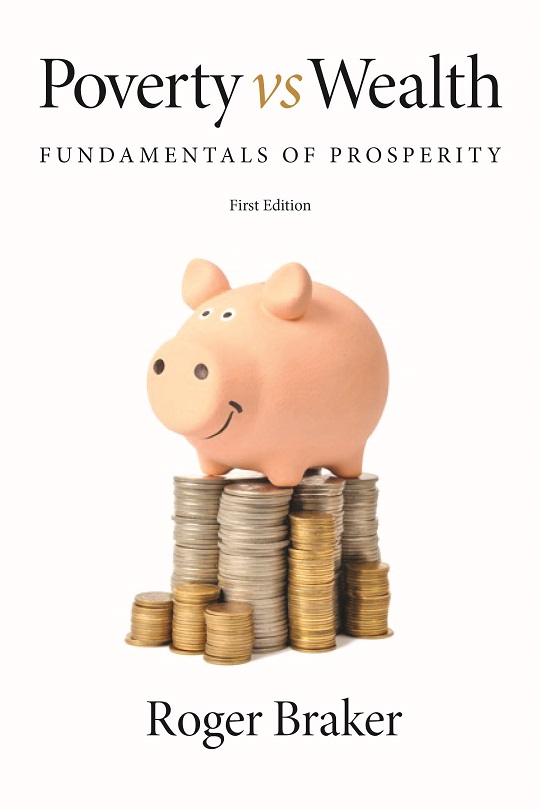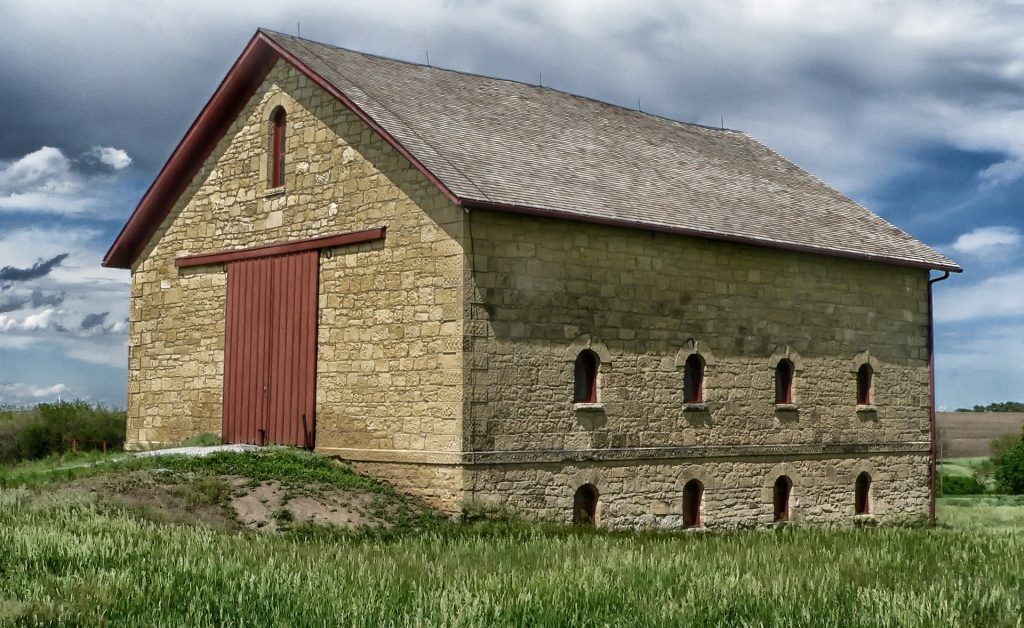
(From Chapter 15 in the book Poverty vs Wealth available on Amazon as a Kindle, paperback or on Audible)
I was talking to a friend of mine a month ago or so, and he said, “I get it with what you are saying. I can see how these young people can really do this stuff, but what am I to do? I am over 60; I can’t save enough to retire on.” Many things happen to people in life that leave them broke. Divorce and on the street — bad investments — bad partnerships where the other runs off with the money and leaves you with the notes — a multitude of things can happen, or the markets turn against you overnight, and you lose it all.
How you deal with the loss depends on why you invested in the first place. If it was for the wealth itself, then it can be bad. But if you were managing the funds as a caretaker of God’s supply, you just start over with what God says to do in His word. Tithe – give and save. Then believe the promises of God’s Word and expect God to do great things on your behalf.
In the Old Testament, there is a record of three men who were told to bow to a statue made of gold set up in the plains of Dura. If they did not bow, they would burn in a fiery furnace. They had a fellow servant of God, Daniel, who had been told by the king’s law that the only prayers to be offered for the next 30 days were to be offered to the king and any that refused would be thrown into a den of hungry lions. You can read all through the Old Testament up to that point, and there are not any promises of deliverance from a burning fiery furnace, and no promise of deliverance from a den of hungry lions. What were these men to do? God’s Word shows us the nature of God, what He is like. Through the records that were available to those men and from what they had heard of God, they knew of God’s love, His compassion, His care, His protection in battle, His mercy, His great power, and His promises of protection for those who love Him. God is the same yesterday, today, and forever. If He had mercy on others, He will have mercy on you. These men trusted that as God had delivered others in dire straits in the past, that He would deliver them also. And He did. The men were thrown into the burning fiery furnace, and God sent His angel to protect them. They walked out alive with not even the smell of smoke on them. Similarly, God sent his angel to shut the lion’s mouths for Daniel, and Daniel had not a scratch.
We are going to read a parable that also shows the nature of God in another situation.
Matthew 20:1-16 For the kingdom of heaven is like unto a man that is an householder, which went out early in the morning to hire labourers into his vineyard. And when he had agreed with the labourers for a penny a day, he sent them into his vineyard. And he went out about the third hour, and saw others standing idle in the marketplace, And said unto them; Go ye also into the vineyard, and whatsoever is right I will give you. And they went their way. Again he went out about the sixth and ninth hour, and did likewise. And about the eleventh hour he went out, and found others standing idle, and saith unto them, Why stand ye here all the day idle? They say unto him, Because no man hath hired us. He saith unto them, Go ye also into the vineyard; and whatsoever is right, that shall ye receive. So when even was come, the lord of the vineyard saith unto his steward, Call the labourers, and give them their hire, beginning from the last unto the first. And when they came that were hired about the eleventh hour, they received every man a penny. But when the first came, they supposed that they should have received more; and they likewise received every man a penny. And when they had received it, they murmured against the goodman of the house, Saying, These last have wrought but one hour, and thou hast made them equal unto us, which have borne the burden and heat of the day. But he answered one of them, and said, Friend, I do thee no wrong: didst not thou agree with me for a penny? Take that thine is, and go thy way: I will give unto this last, even as unto thee. Is it not lawful for me to do what I will with mine own? Is thine eye evil, because I am good? So the last shall be first, and the first last: for many be called, but few chosen.
Many of us learned about saving money from God’s Word fairly late in life. If, in the parable, the householder paid the last the same as the first, I would trust that God would not hold it against us that we came so late to the party. His promises of prosperity are true at any age. They have no expiration dates. God will not look at you and say, “Too late. You should have started earlier in the day.”
No, His promises are true at any age. God is full of mercy, love and compassion, and His promises fail not. Just get busy. Set up your bank accounts and pray. Remember when you pray, not to beg. Children don’t beg from their fathers. Children ask expecting their fathers to do as the father has promised. Likewise, we too should pray with great expectation that our Heavenly Father will do as He has promised. Many of the prayers in the Bible are of men praying back to God with God’s own words. Like this: “Father, you have promised in your Word that you will supply all our needs, and we have a need. I need a retirement for my wife, and I am thankful that You have promised to meet our needs. I just rest my life on your Words and expect to see Your Word come to pass as I carry out what You have said.” Something like that.
Then learn to trade with the money in the accounts. Find a means to make it grow and trade with it. Start small and grow to bigger things if you want. Have fun. You have an advantage being older in that you have seen a lot more, been exposed to a lot more, so that you mentally have more to draw on in finding something in which to trade.
Matthew 25:16-17 Then he that had received the five talents went and traded with the same, and made them other five talents. And likewise he that had received two, he also gained other two.
These men did not just put the money in the bank. They went and doubled their money over time. You can do the same. Just because trading is a lost art does not mean we can’t learn it. I gave you a list earlier of money doubled and how rapidly it grows and multiplies. Use your age and wisdom and your relationship with your Father to have some new adventures in trading and seeing His promises come to pass.
I told you about the story of the man that in 14 trades traded a paperclip for a house. Learn how to trade, do it with your Father, and have a great time!
Learning about and living The Prosperous Life God intended for us can be very exciting as we see Him bring His word to pass in our lives.




